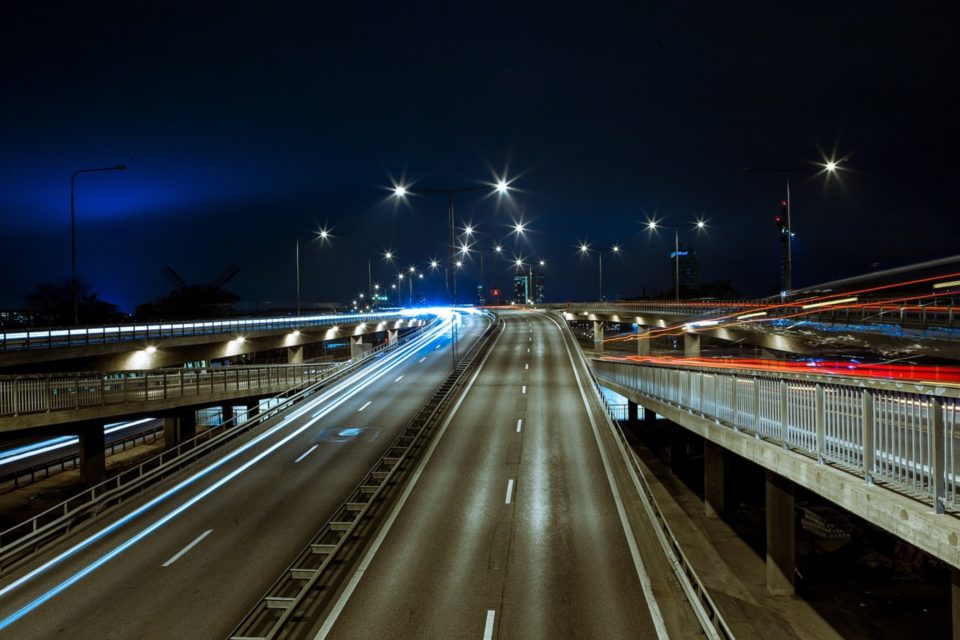Posted On March 4, 2019
Researchers Alan Hooper and Dan Murray of the American Transportation Research Institute (ATRI) recently confirmed what most shippers already know: The last mile of your supply chain is getting shorter. Hooper and Murray found that the last leg of a shipment now averages between six and nine miles, and is expected to get even shorter in the coming years as urbanization increases and more distribution centers are built near metropolitan areas.
The shortened trip-length has an inevitable impact on the ever-increasing rates shippers have experienced over the last few years. For trucking companies, a shorter trip is a less-cost-efficient trip. In the face of that reduced efficiency, trucking companies inevitably have to raise rates to remain profitable.
The increase in miles driven in urban areas has also resulted in the need for more drivers. The report found an increase of 85,000 courier jobs alone from 2007-2017. As anyone who reads this blog knows, the strong economy and low unemployment rate have made hiring drivers difficult. Like the shortened last mile, the struggle to fill open driver positions is yet another challenge for the trucking industry that ultimately impacts shippers.
The continuing increase in supply chain complexity and the resulting impact on rates won’t end any time soon. Sure, one day driverless trucks will make their way across America’s interstates and city streets—but that day is not today. It may come sooner than we think, but it won’t do anything for shippers right now.
Or tomorrow.
Or next year.
To some extent, the trends and changes identified in the ATRI report could be anticipated. The impact of urbanization and Amazon extends far beyond supply chains and has been a mainstream news story for several years.
But what about the unexpected?
Like typhoons?
Or unexpected delays in customs?
Or a supply chain partner who couldn’t provide the visibility you expected?
A sudden increase in complexity in your supply chain due to natural disasters inherently requires an emergency response. However, the complexity created by a lack of visibility and customs delays can be planned for.
(That said, Ram International recently assisted a client in getting a shipment of bananas out of the Philippines prior to Typhoon Mangkhut making landfall in 2018.)
Need to create a strategy to mitigate the impact of a shortened last mile?
Contact Flat World Global Solutions. Our team of supply chain experts provides one of the easiest, most cost-effective and dependable freight solutions in the industry.
Need to get a shipment through an unexpected delay in customs?
Ram International provides door-to-door service, handling your cargo from pickup, assembly, and consolidation to tracking, delivery, and billing. And it specializes in solving complex, unexpected issues that arise in international supply chains.
Lacking visibility in your supply chain?
Pipeline™, our proprietary transportation management system (TMS), provides transportation professionals with the ability to tell their company’s customers the status and location of a shipment that is unmatched by any other TMS.
Nearly everything about the modern world is increasing in complexity and cost. Your supply chain is no different. The Flat World Holdings family of companies can’t change that—but we can provide comprehensive supply chain solutions delivered by a team of transportation management experts.
The result?
A supply chain that gives shippers the strategic advantage they need in a complex, expensive, and urbanized world.

